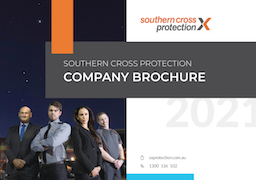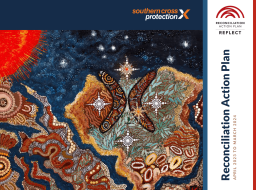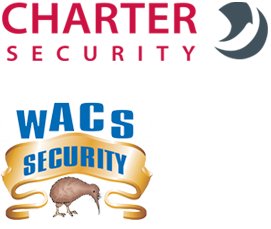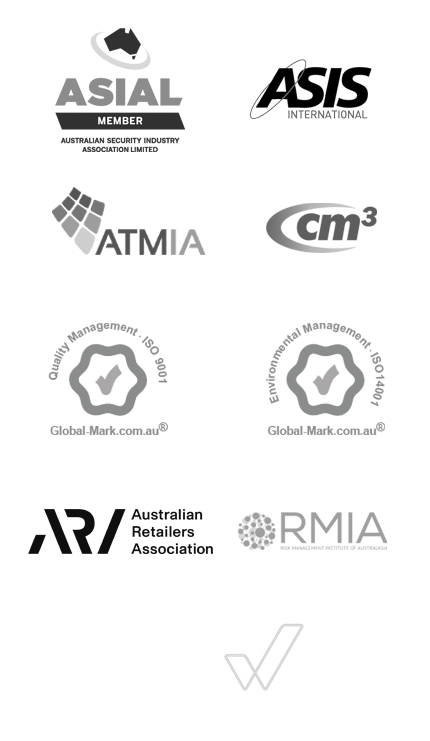Part 1A: The Three Critical Core Values of a Security Industry
In my daily dealings with security professionals and customers, I typically find three categories of people: the ones who believe the terrorist problem is over there, somewhere else, not here; the ones who believe the threat is imminent, but it’s ASIO’s and/or AFP’s problem; and the ones who believe the threat is imminent, but they don’t know what to do about it.
According to a poll published by The Australian on 23 November 2015, three quarters of Australians believe a Paris-style attack on our shores is either “likely” or “inevitable.”
I’ll discuss a subtle, but key nuance in the terminology for this topic. In the U.S. military there is a distinction between “counter” and “anti” terrorism. I tend to hear a lot of people get these confused. “Counter-terrorism” includes any and all offensive operations aimed at defeating the terrorist threat, at home and abroad. “Anti-terrorism” is much different, and that’s where we come in. This includes any and all passive, defensive measures we put in place to build resilience and protect our people, assets and infrastructure.
I recently visited two critical infrastructure customers. The first one told us he was on “high alert for terrorism.” During our walk-through, he showed us all the things we needed to be looking for during our routine patrols, and I keenly noticed that none of his concerns had much to do with terrorism. When I raised the question about the terrorist threat, it was quickly dismissed as “I’m not the right person to talk to.”
For the second facility, I had an incomplete address and an outdated GPS map; you can probably surmise how well that was going. I thought I had found my site when I came up to the very imposing fence, with an even more impressive gate. I pulled up to the very fancy intercom, pressed the call button, and looked into the high definition camera. Very hi-tech. Very cool.
“Hi, my name is Ben from Southern Cross Protection. I’m here to see John Doe. He’s expecting me,” I said very confidently when I was greeted by the security officer. There was a brief pause.
“Who are you here to see?” he replied.
“John Doe. We have an appointment at 1:30.”
“Come in…”
“Thanks!”
It was a remarkable site. I like to get the lay of the land before I meet with my customers, and so I drove around the site admiring their security. I was thoroughly impressed! I parked my car and walked into the building, looking for the reception. No reception. I found a lab though; walked in; nobody was there. I found the control room; walked in; admired all their fancy screens with lots of pretty colours; nobody was there. After about ten minutes of walking around looking for someone to help me find the man I was there to meet, having had unrestricted access to their entire facility, unsupervised, I finally found a couple of contractors in the conference room. We finally determined I was at the wrong place, and the John Doe I was looking for actually worked at an unrelated facility just down the road…
So what can we, the Australian security industry, do about all this? Where do we start?
At its core, the answer is simpler than you might think, and it takes me back to my years at the U.S. Air Force Academy. Three little core values where drilled into me, day in and day out:
Integrity First, Service Before Self, Excellence in All We Do.
Since I started working in the Australian security industry, I’ve been extremely blessed to have found a workplace where my colleagues share similar values, and every day across the industry I meet outstanding, professional men and women from many companies who live by these general principles even if they haven’t thought to label them as I have. However, in my brief time here I’ve observed this to be the exception rather than the norm. So if we have any hope of doing anything about the terrorism threat, undoubtedly, this is where we have to start!
Integrity first. It means we do the right thing, even when we think nobody’s watching. It means we don’t lie to our customers about what we can or cannot do for them, about our training and our capabilities, and we don’t lure them into a false sense of security because it makes us money. It means we don’t charge them for work we don’t do. It means we don’t steal from the very people we have promised to protect.
Service before self. It means we put our customers first, recognising they are the sole reason we exist in this role, even if it means we might make a few less bucks at the end of the quarter. It means we sell our customers the services they need, and not the services that make us the most money.
Excellence in all we do. It means we strive today to be better than we were yesterday. If we have the honour of working as a security professional, it means we continually seek to improve ourselves, to advance our skills and our capabilities, to take pride in our uniform and our appearance, and to perform every task to the very best of our abilities — even when we don’t want to. And if we’re the leaders of these extraordinary men and women, it means we continually invest in them, in their training and equipment, and we do everything within our power to prepare them for the situations they might encounter throughout the course of their duties. . . duties that include potentially being the first person at the scene of a terrorist attack. In short, excellence in all we do means we as an industry come together as a cohesive team and raise the bar!
Read Part 2 of this series here.
Read Part 3 of this series here.
This article appeared in Vol. 20, Issue 6 (Feb-Mar 2016) of ASIAL’s Security Insider Magazine.
Ben Beville is a Business Development Manager and Security Consultant at Southern Cross Protection. He was formerly a Lieutenant Commander in the U.S. Navy, where he served 11 years active and reserve.






